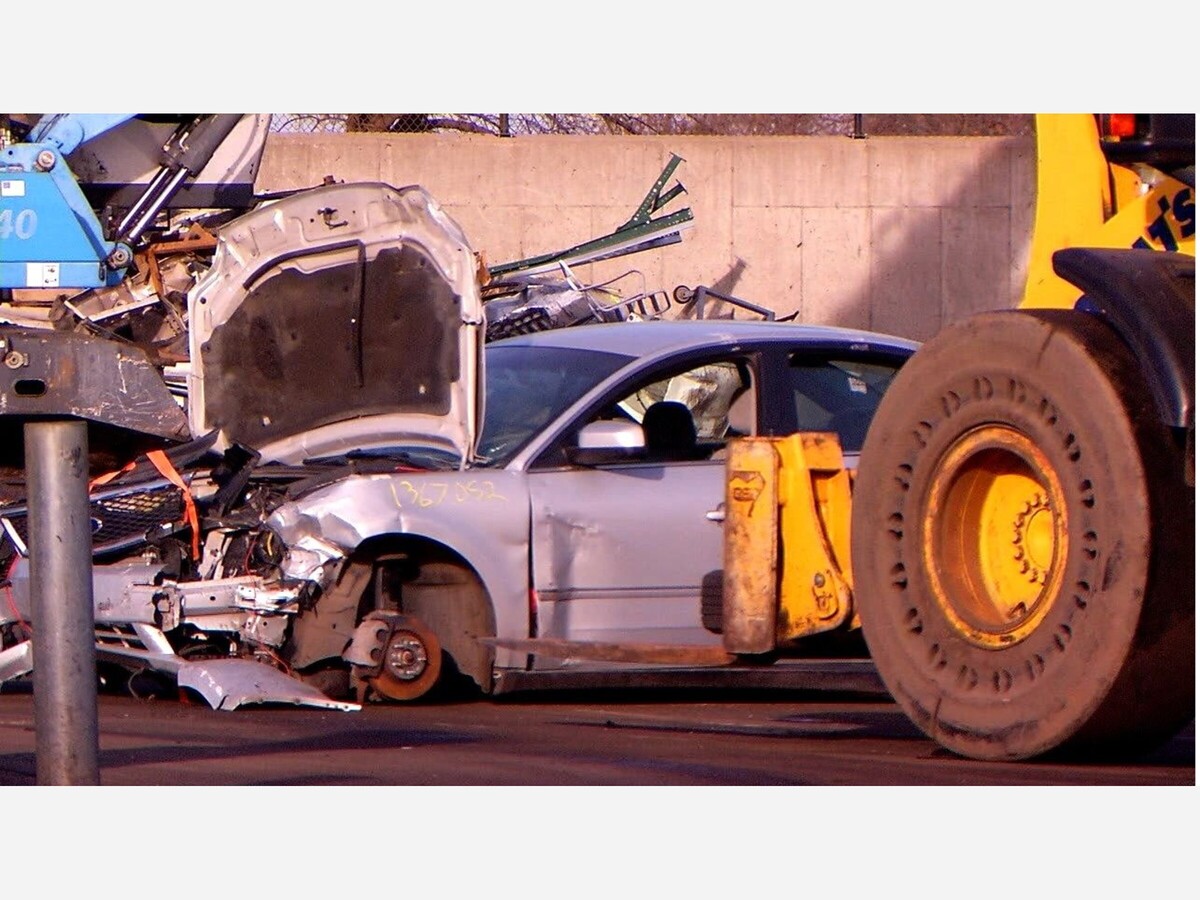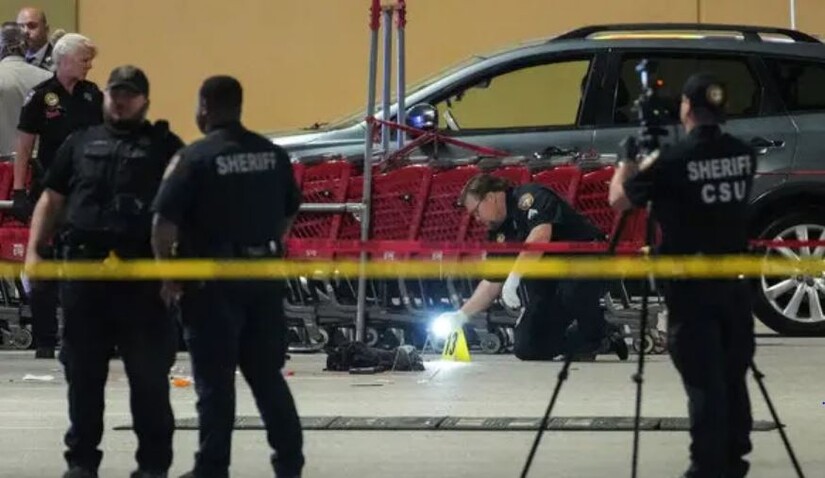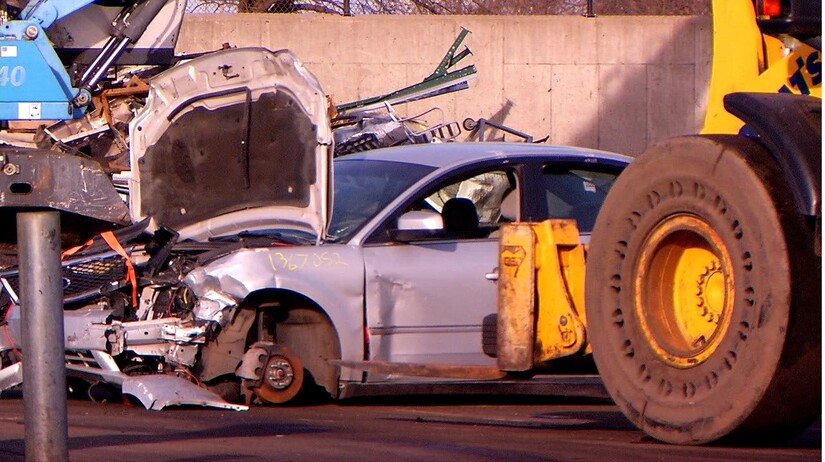Image


Law enforcement agencies across Minnesota say they are ready to tap into a new resource meant to help victims of stolen cars and stolen car parts — a centralized database that records sales at scrap yards.
The new system launched last month after lawmakers tried finding ways to reduce catalytic converter thefts. {As 5 INVESTIGATES previously reported, the state attempted to launch a similar database a decade ago before the Legislature nixed the plan.
Under the new law, scrap metal recyclers have to record transactions involving catalytic converters and cars. Those entries can be accessed by law enforcement investigating reports of theft.
“Instead of having to knock on doors and making phone calls, we can log in,” Lt. Derek Peters with the Anoka County Sheriff’s Office said. “It’s simple.”
Catalytic converter thefts had surged across the Twin Cities and much of the country two years ago. Thieves would cut off the car parts, which are made of valuable metals like platinum, palladium and rhodium.
Reports of thefts of motor vehicle parts, including catalytic converters, climbed to more than 13,000 in 2022 but dropped to 5,800 last year, according to data from the Minnesota Bureau of Criminal Apprehension (BCA).

Now, the BCA has contracted with LeadsOnline to run the statewide database. The two-year $190,000 contract, obtained by 5 INVESTIGATES through a data practices request, highlights the ability of the BCA to “maintain a list of suspicious sellers.”
“We’ve got a lot of scrap yards in Anoka County and I’m just kind of waiting for the time when we can get that success story on the books,” Peters said.
LeadsOnline boasts working with seven other states for some type of metal theft investigations system. The company is already used by law enforcement agencies in Minnesota looking at pawn shop records.

However, industry groups, like the Recycled Materials Association — also known as “ReMA” — contend the rollout over the past month hasn’t been smooth.
Jeremy Estenson, the government affairs representative for ReMA in Minnesota, said some scrap yards have been forced to hire someone to help integrate the system. Estenson also says scrap recyclers have already been taking action to stop criminals trying to sell stolen parts.
“If I were to walk into a scrap recycler in the state of Minnesota, my vehicle, its license plate would be captured on video and stored, my face, what I’m selling, captured and stored digitally,” he said. “And something that we’ve been asking for, for probably more than a decade now, is more resources available for law enforcement organizations to get out and get that information that we have for them.”
More than 1,100 scrap metal recyclers across the U.S. report their daily transactions to LeadsOnline, according to the company’s paperwork with the state.

“This is going to allow us to quickly log in, look up if it’s at a local scrap yard, who pawned it and when?” Peters said. “And that’s information that people care about, that’s information that people deserve if we’ve got it.”
SOURCE: abc KSTP.COM